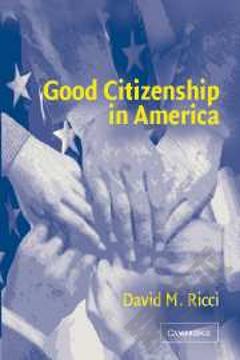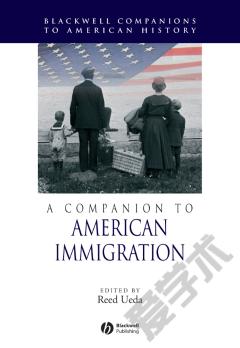Good Citizenship in America
Good Citizenship in America describes a civic ideal of who enjoys membership in the state and what obligations that entails, and traces its history in America. Until 1865, this ideal called for virtuous political behavior (republicanism) but extended the franchise beyond early republican expectations (democracy). The book follows the widening of the franchise to women and people of color and to those with little or no property following economic development post 1865. In the twentieth century, the civic ideal was influenced by the increase of consumerism, its peak after World War II, and its subsequent decline. More recent citizenship, informed by environmental problems and growing global Darwinism, places a bigger and bigger emphasis on the 'economic conscience'. This is an easily accessible analysis of civic trends in America, and one that highlights much of what is decent in American life.
{{comment.content}}








 京公网安备 11010802027623号
京公网安备 11010802027623号